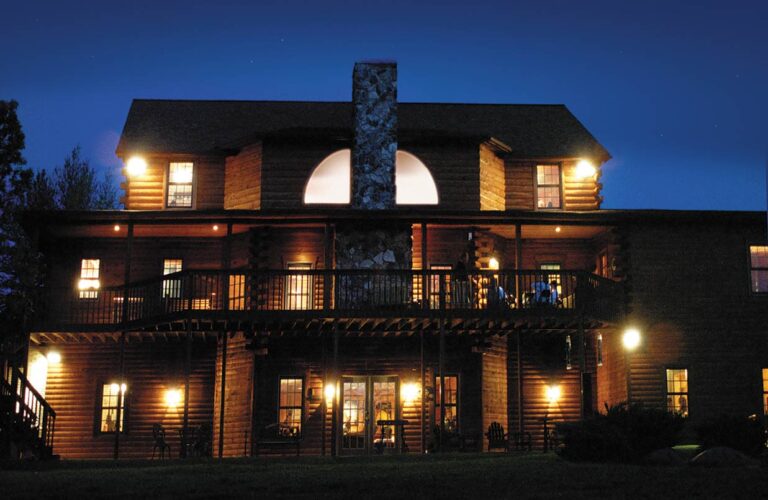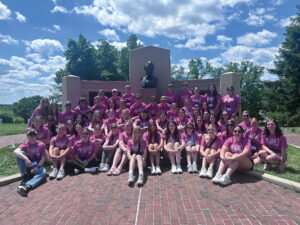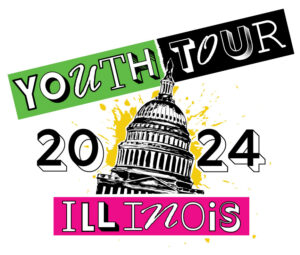It was a blunt question from the moderator: Why does rural America care about bringing electricity to Africa?
“Cooperative members like to see other communities prosper. It’s a spirit of generosity that I think is part of our DNA,” answered Dan Waddle, senior vice president of NRECA International. “The members who participate in our program do it with great enthusiasm.”
Waddle was on Capitol Hill for a panel discussion on Power Africa, a United States Agency for International Development initiative to double access to electricity in sub-Saharan Africa.
NRECA International began working in the region in the mid-1980s, and it remains a challenging place. Noting the turmoil that parts of the area have seen over the decades, Waddle pointed to countries including South Sudan, Liberia and Sierra Leone that have seen recent wars. Such countries have “post-conflict environments” with numerous issues.
“None of the necessary ingredients for economic development are present. The biggest hurdle is a lack of education. In some cases, entire generations have gone without educational services,” Waddle told the July 13 session hosted by the Society for International Development-Washington Chapter.
To that end, NRECA International does more than raise poles and string wires—it also focuses on what Waddle called “building human capacity.”
“At the end of the day, building infrastructure is important, but building human capacity is what facilitates sustainability,” he said. It means making sure co-ops in Africa and other parts of the developing world have the knowledge necessary to thrive over the long term.
“If you want Power Africa to be successful,” Waddle said, “you have to think about the sustainability of these investments.”
And that’s challenging.
And stable power is key to economic development, said Rep. Ed Royce, R-Calif., House Foreign Affairs Committee chairman. Without dependable electricity, businesses are unlikely to invest in a country
For Americans leery of using taxpayer dollars for overseas electrification, Andrew Herscowitz, USAID Power Africa coordinator, pointed out big benefits here at home.
“How many development initiatives can you name that generate massive U.S. exports and create U.S. jobs?” asked Herscowitz.
“[General Electric] alone has done $250 million in exports” and created 1,500 American jobs through Power Africa, he said.
Source: Electric Co-op Today, Michael W. Kahn









